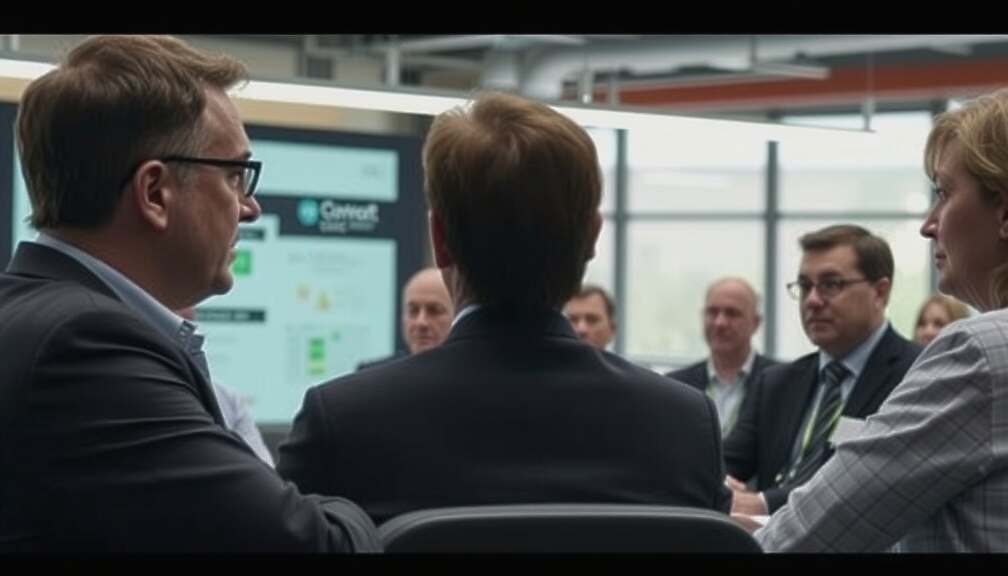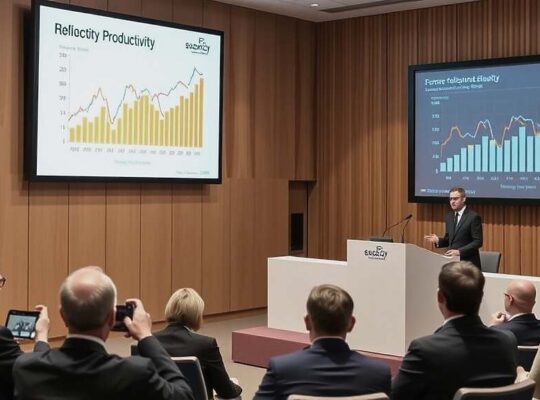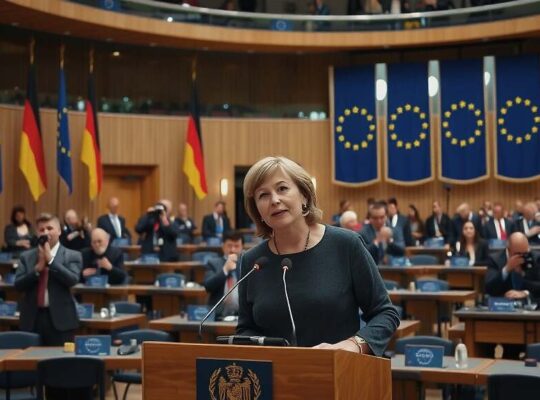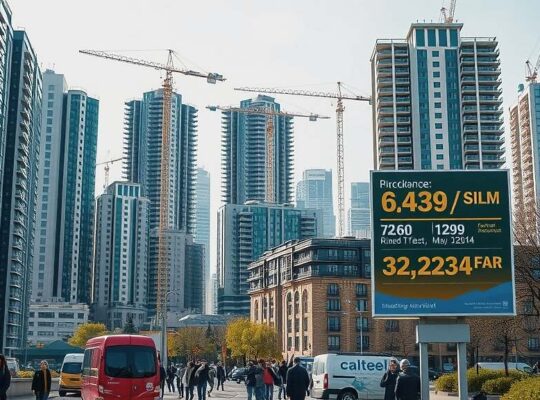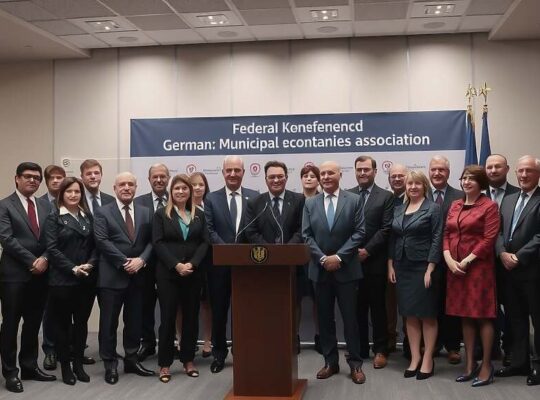A renewed political clash over Germany’s building energy law (GEG), colloquially known as the “heating law” is triggering alarm within the nation’s plumbing, heating and air conditioning sector. Michael Hilpert, president of the Zentralverband Sanitär Heizung Klima (ZVSHK), has issued a stark warning to the governing coalition partners, the Social Democrats (SPD) and the Greens (Union), urging them to avoid reigniting the divisive debate that previously stalled progress.
Hilpert’s intervention comes amidst growing concerns about the sector’s stability and the broader economic ramifications of ongoing political uncertainty. He cautioned that repeating the “mistakes” of the previous governing “traffic light” coalition – characterized by shifting policy directions and inconsistent messaging – risks undermining consumer confidence and jeopardizing Germany’s climate goals.
The central point of contention revolves around subsidies for heating system replacements, a crucial element of Germany’s ambitious energy transition. Hilpert stressed the need for sustained and reliable funding, arguing that its absence would derail the planned shift to renewable heating sources and create a climate of unpredictability for businesses and homeowners alike. He warned against a “lazy compromise” that would necessitate a fresh start for the issue in the next parliamentary term, ultimately leading to missed European Union mandates and frustrated climate objectives.
Beyond the immediate legislative hurdles, Hilpert highlighted the mounting unease within the skilled trades. He reported a decline in workload and heightened customer apprehension, which in turn is choking investment. “Uncertainty is toxic, not just for the skilled trades but for the entire German economy” he stated, underscoring the potential for widespread economic repercussions if political stability and clear, consistent policy guidance are not restored. The ZVSHK’s stance reflects a broader anxiety within Germany’s industrial base, concerned that constant political upheaval is eroding the nation’s competitiveness and hindering long-term planning.


